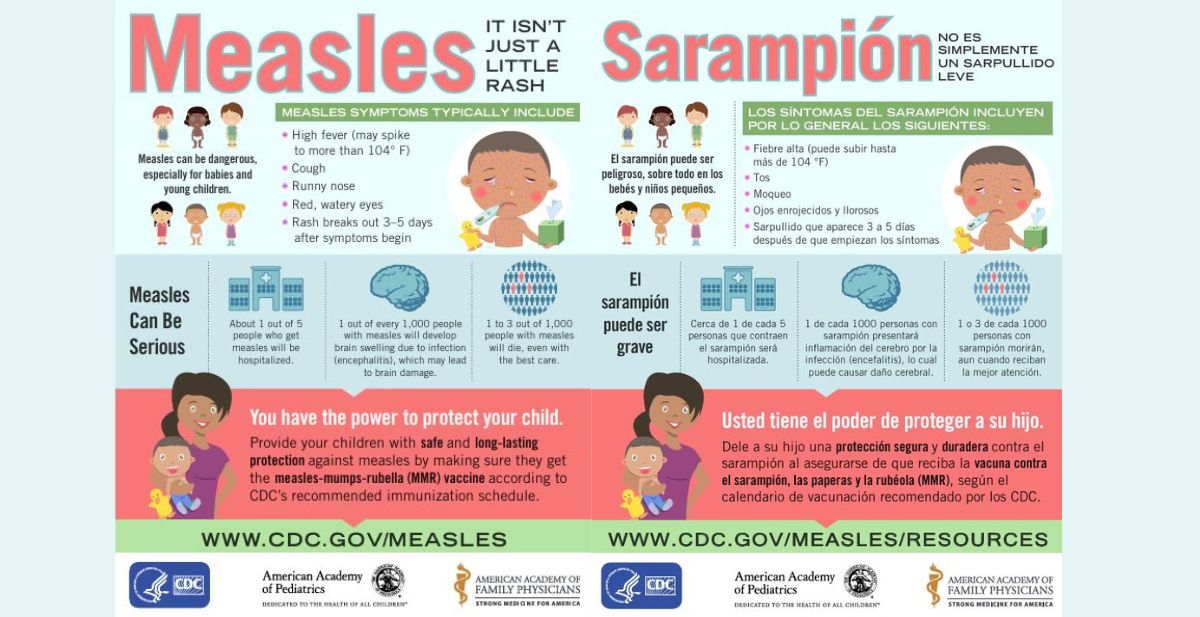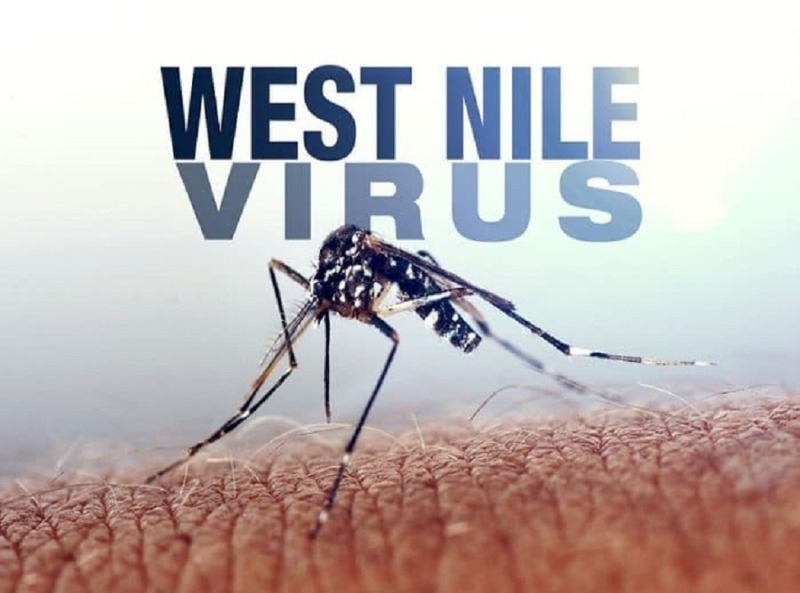West Nile
Fight The Bite!
The return of warm weather in central Nebraska brings with it mosquitoes. LBPHD traps at three different collection sites in Garfield County as part of the West Nile Virus (WNV) surveillance program.
West Nile virus symptoms:
Symptoms usually last a few days. Severe West Nile Symptoms include high fever, headache, neck stiffness, stupor, disorientation, coma, tremors, convulsions, muscle weakness, vision loss, numbness, and paralysis. Contact your medical provider if you experience these symptoms for a prolonged period of time. |
 |
CDC's website with maps of WNV activity, fact sheets, question and answers.
More information about West Nile Virus
How to use insect repellents safely Repellents: Protection against Mosquitoes, Ticks and Other Arthropods |
|
Prevent A Mosquito Bite
Infected mosquitoes spread the West Nile virus to people after they bite them. Limiting your outdoor time, especially during the mornings and evenings when mosquitoes are most active, can reduce your chances of being bitten by mosquitoes. You can reduce mosquito bites by wearing lightweight long-sleeved shirts and pants. Use insect repellents containing DEET, IR3535, Oil of Eucalyptus, or Picaridin. Some recommendations for using DEET are: • Do not use a product that combines insect repellent and sunscreen. • Read all instructions on the label before applying. • Use the right concentration for the time you will be outdoors. • Do not spray in enclosed areas; do not use DEET near food. • Apply DEET on exposed skin; do not use under clothing. • Do not use DEET over cuts, wounds or irritated skin. • Wash skin with soap and water after returning indoors; wash treated clothing. • Do not let children apply DEET. • Do not use DEET on the hands of young children; do not apply it around the eyes and mouth. • Do not apply directly on children. Apply to your own hands, and then put it on the child. • If a person is having a reaction to a product containing DEET, wash the area immediately and contact your health care provider or a local poison control center. 1-800-222-1222
|
In the past several years Loup Basin Public Health Department has participated in the West Nile virus (WNV) Surveillance program, which was implemented by the Nebraska Department of Health and Human Services. Loup Basin Public Health Department has coordinated with the state to carry out the contract once again for the 2024 WNV season. All district patrons are being asked to participate.
WNV surveillance for the season will begin on June 1, 2024, and will go through September 30th. This year, the health department will be reporting CORVID birds only (e.g., Blue Jays, Crows, Magpies, etc.). LBPHD will not be collecting birds this year as we have done in the past but encourage the public to still report.
Your participation is invaluable in determining the presence of WNV in our district.
Thank you for your time and cooperation with the State of Nebraska and the Loup Basin Public Health Department.
Reporting Dead Birds: Dead birds can be an indication that West Nile virus is present in an area. The public is encouraged to report dead bird sightings so these can be tracked across the primary West Nile virus seasons (June 1 – September 30). At this time dead birds are not being collected or tested. Click here to report dead birds
|
|
|
|
| LBPHD Contact: Sarah Raiford | 308-346-3011 | sraiford@lbphd.ne.gov |




 Launch the media gallery 1 player - media #1
Launch the media gallery 1 player - media #1